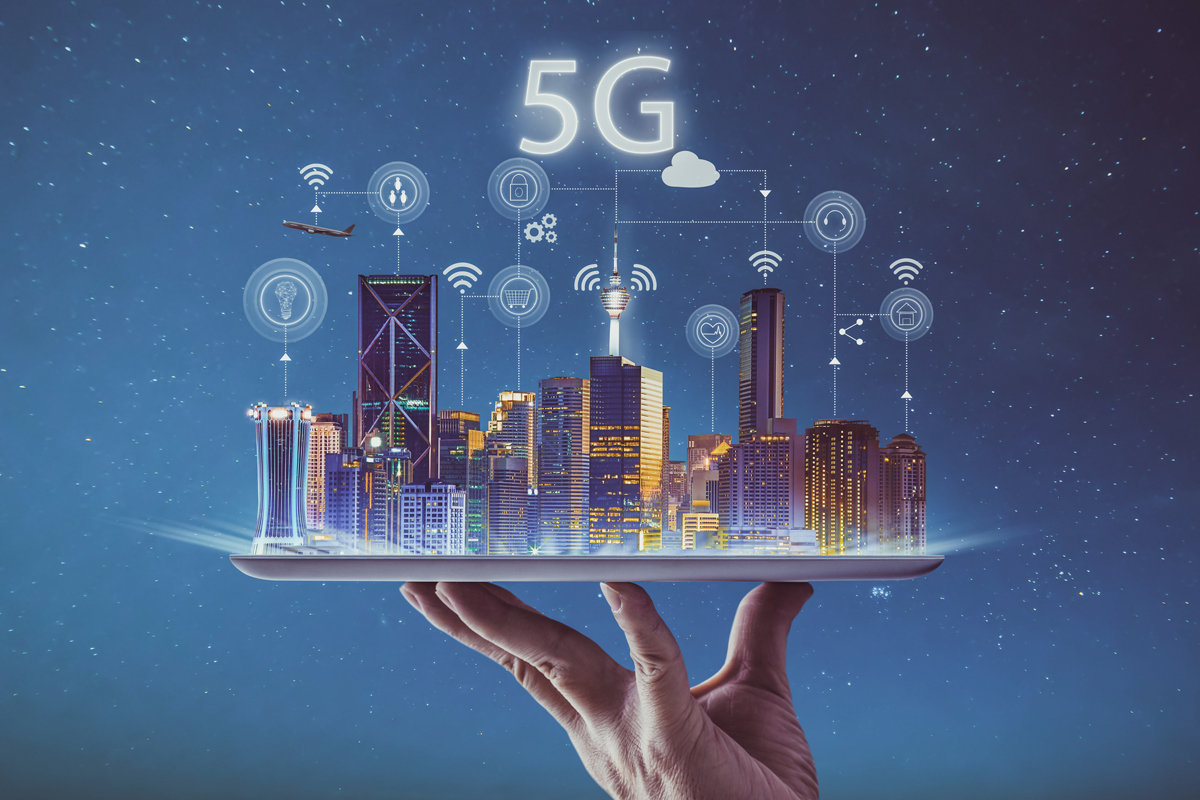By Rami Osman
Over the past two decades, mobile telecommunications has revolutionized Sub-Saharan Africa, integrating hundreds of millions of people into the digital economy and creating a thriving industry worth billions of dollars annually. According to the GSM Association, mobile technology has achieved 1.2 billion connections and attracted over 650 million unique mobile users in Africa.
Thanks to mobile technology, Sub-Saharan Africa has leapfrogged traditional voice and data networks, positioning itself as a pioneer in innovations like mobile money. Now, with the arrival of 5G, the fifth generation of GSM cellular technology, Africa has an opportunity to take another technological leap forward.
Compared to 4G/LTE, 5G offers a significant increase in speed and performance, with real-world speeds exceeding 200Mbps and notable improvements in latency. Not only does 5G promise a more immersive and faster consumer mobile broadband experience, but it will also serve as the foundation upon which organizations will build the future digital economy.
The rapid deployment of 5G networks worldwide is unprecedented. According to GSMA Intelligence forecasts, consumer 5G connections are projected to increase from one billion at the end of 2022 to two billion by the end of 2025. This makes the rollout of 5G the fastest among generations of GSM technology seen thus far.

Africa cannot afford to lag behind. The GSMA reports that 5G has the potential to contribute $26 billion to Africa’s economy by 2030, with 5G accounting for 20% of mobile connections on the continent. The Association also notes that 5G-related activities, including spectrum auctions, pilots, and commercial trials, have already begun across Africa.
5G set to drive the next wave of innovation
If policymakers, regulators, and network operators prioritize accelerating 5G deployments across Africa, the economic benefits will be substantial. One immediate advantage could be using 5G as a fixed-wireless and mobile broadband access technology, providing high-speed internet to areas where fiber networks are unavailable.
In a world embracing hybrid and remote work, this could create new economic opportunities for people throughout the continent. It could also foster innovation in cloud computing, as organizations develop innovative localized services and applications to empower individuals, businesses, and communities in remote and underserved areas.
Furthermore, 5G will facilitate the digitalization of key sectors such as agriculture, healthcare, education, and manufacturing, leading to increased productivity, job creation, and entrepreneurship opportunities. The higher speeds and lower latency of 5G networks will enable the adoption of next-generation digital technologies, including virtual/augmented reality, artificial intelligence, and the Internet of Things.
These technologies, when combined, will enhance efficiency, boost productivity, and deliver better services across both public and private sectors. 5G will enable automated processes in areas like smart cities, agriculture, transportation, and energy management. From virtual reality learning experiences and telemedicine to smart factories and intelligent grids, the possibilities are limitless.
MediaTek’s focus lies in making 5G available and accessible to as many people and markets in Africa as possible. We plan to collaborate closely with customers, networks, and technology suppliers to help everyone harness the power of 5G. Now is the opportune moment for Africa to embrace the technology.
Rami Osman, Director for Corporate Sales and Marketing, MediaTek Middle East and Africa


